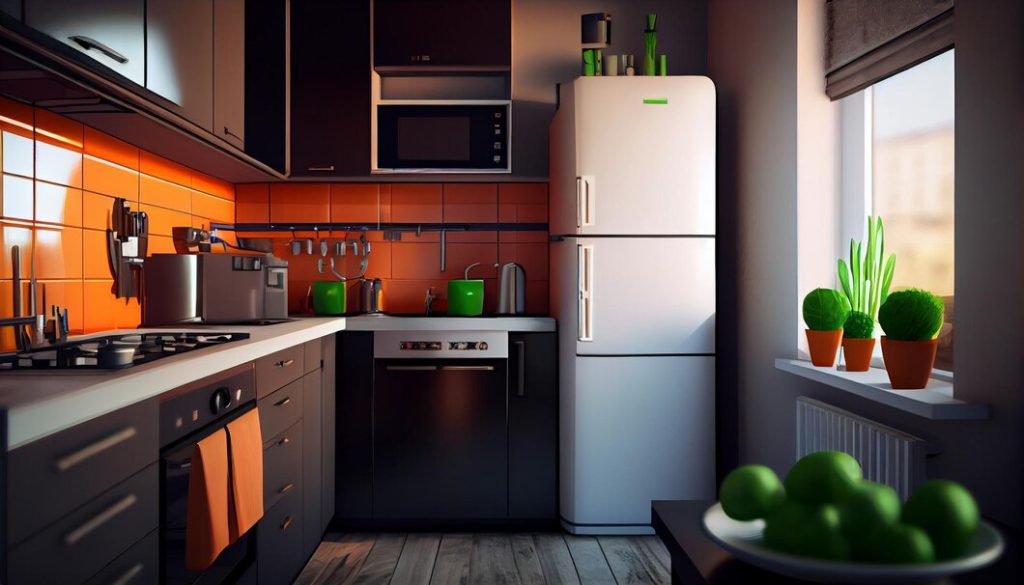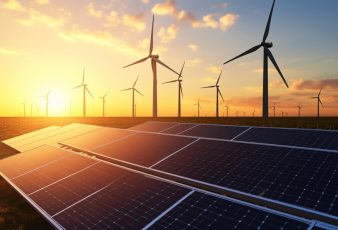Awareness about monitoring and managing our electricity bill is becoming increasingly imperative in our society.
Not only does keeping your energy costs down result in a healthier bank balance, but it also indicates a crucial step towards living a more sustainable life. Regrettably, countless Australian households find themselves in duress due to the strain of skyrocketing energy expenses. An array of factors can cause this surge in your electricity bill, with certain elements not being immediately apparent.
A comprehensive understanding of these contributors facilitates an incisive analysis and a decisive plan of action to tackle these causes, which can make a notable difference to your energy spending.
This article aims to elucidate these factors and offer viable solutions to those households that wish to optimize their power usage and substantially reduce their monthly expenses. Let’s start our exploration with the first major influencing component of high electricity bills: the type of appliances used in your household.
The Role of Energy-Efficient Appliances

An aspect that often goes unnoticed, or is considered of secondary importance in many households, is the nature of appliances that are in consistent use.
Typical, non-energy-efficient apparatuses can, over time, stealthily rack up your electricity expenses. They functionally consume greater electricity compared to their energy-efficient alternatives.
The accumulated savings that result from the use of energy-efficient appliances significantly outweigh the upfront cost often associated with them, ultimately leading to more manageable electricity bills.
Commonly used appliances such as refrigerators, washing machines, dishwashers, and heating, ventilation, and air conditioning systems can have a profound influence on your overall electricity expenditure.
Compared to old models of these appliances, modern, energy-efficient alternatives use power considerably more efficiently, often to the tune of consuming 50-70% less electricity. Consequently, they skew the electricity bill noticeably downwards.
While the complete replacement of outdated appliances may neither be feasible nor an absolute necessity, it would be judicious to at least consider charting out a plan to progressively phase out those appliances that are notorious for their high energy consumption.
The Impact of Standby Power
Standby power, although seemingly trivial, has the potential to be a silent electricity vampire, constantly draining power from your household, unbeknownst to you. This form of power is used by appliances that are turned off but are still connected to the power outlet.
The collective power consumption of several such devices in the average household comes as a surprise to many and can make a noticeable dent in the annual electricity bill.
The first step is to identify which appliances draw power even when not in use. Devices such as televisions, computers, game consoles, and certain kitchen appliances are famous culprits. They often continue to draw power to maintain settings or to remain ready for instant use, thereby contributing supplementary units to your electricity bill.
If you can turn off these appliances completely at the power outlet and use them sparingly, it could help lower your overall electricity expenditure. Other ways to truncate the burden of standby power include opting for appliances that come with a low standby power requirement or using a standby power controller.
The Influence of Wrong Time Usage

Yet another factor that can inflate your electricity bill is the time at which you choose to use electricity. The concept of peak and off-peak hours can substantially affect the final figure on your electricity bill. Peak hours, usually during the day and early evening, are times of high demand for power across the grid, and electricity companies charge a higher tariff for power use during these periods.
If you can move your high-power-usage activities to off-peak hours, you can benefit from significantly reduced energy rates. This includes running appliances like washing machines, dishwashers, and dryers. Slightly adjusting your routine, such as timing your dishwasher to wash dishes during the night or doing your laundry early in the morning, may seem inconvenient at first. However, this minor discomfort is a small compromise for the potential savings you can make on your electricity bill.
Related: Adelaide Electrician’s Tips for Slashing Your Electricity Bill
Weather’s Unseen Effect on Your Bill
Most people don’t stop to consider the implications weather has on their electricity bills. Extreme weathers often necessitate the use of heating or cooling appliances, which are notorious for their high energy consumption. Running an air conditioner or heater for prolonged periods due to the demands of sweltering summer days or blisteringly cold winter nights can have a dramatic impact on your electricity bill.
Employing energy-efficient practices to deal with weather-related energy consumption can strike a pleasing balance between the need for necessary comfort and the often shockingly high cost. Measures to keep your house naturally cooler or hotter, like the use of insulation or energy-efficient window treatments, can drastically reduce your reliance on these power-hungry appliances. Small changes such as slightly adjusting the temperature settings on your thermostat can also make a big difference over time.
Poor Household Habits and Practices

Mindful consumption techniques can drastically reduce your electricity expenditure. Seemingly insignificant habits, such as leaving the lights on in rooms unoccupied, letting electrical devices run overnight, or overusing hot water systems, can cumulatively lead to considerable power consumption in the long term.
It is important to instill in all household members the practice of turning off lights and appliances when not in use. Researching eco-friendly alternatives, such as LED lights and energy-efficient appliances, can further aid a reduction in energy bills.
A deliberate and collective effort to conserve energy may sound intimidating at first, but in the long run, it promotes an enduring culture of conscious living that brings considerable savings and reduces your household’s carbon footprint.
Conclusion
Armed with a deeper understanding of the elusively complex components contributing to your seemingly skyrocketing electricity bills, you can now implement appropriate measures to mitigate these costs.
From the type of appliances you utilize, to better managing your standby power and even considering the timings for your electricity usage, a multitude of factors contribute to your final bill. But remember, you can always find new ways to start saving money on your energy bills.
And in the process, you actively contribute to a future where responsible energy usage is the norm, rather than the exception. It’s a win-win situation for both your bank account and our environment.
Read Also:




























